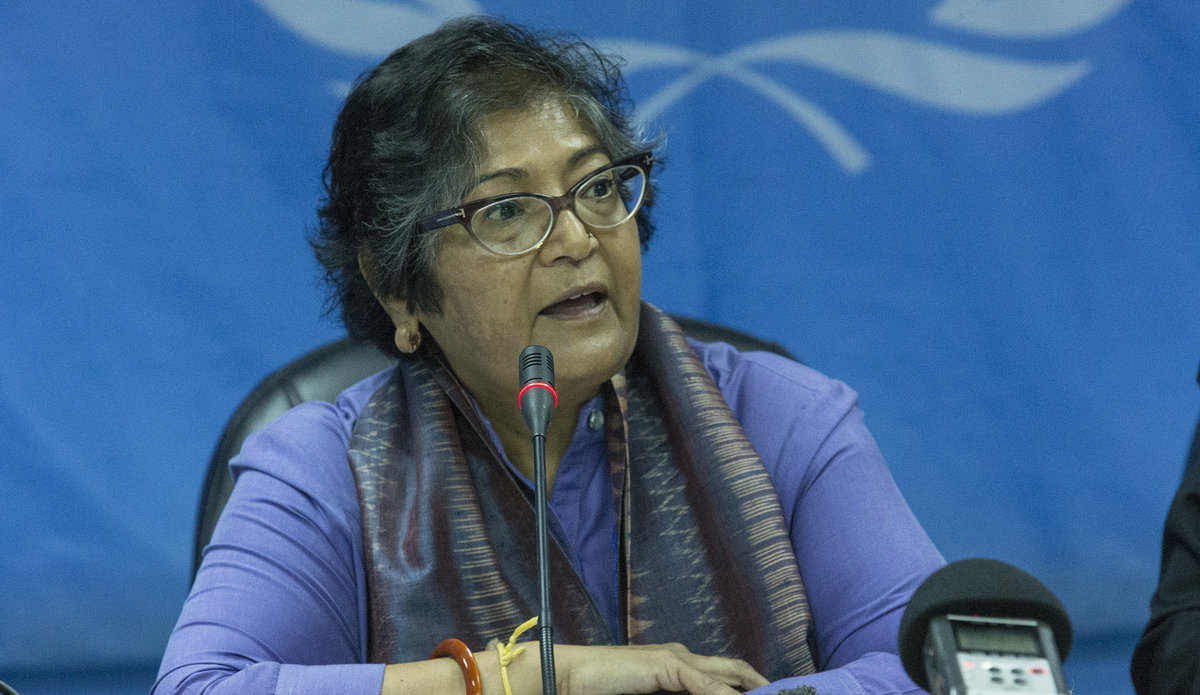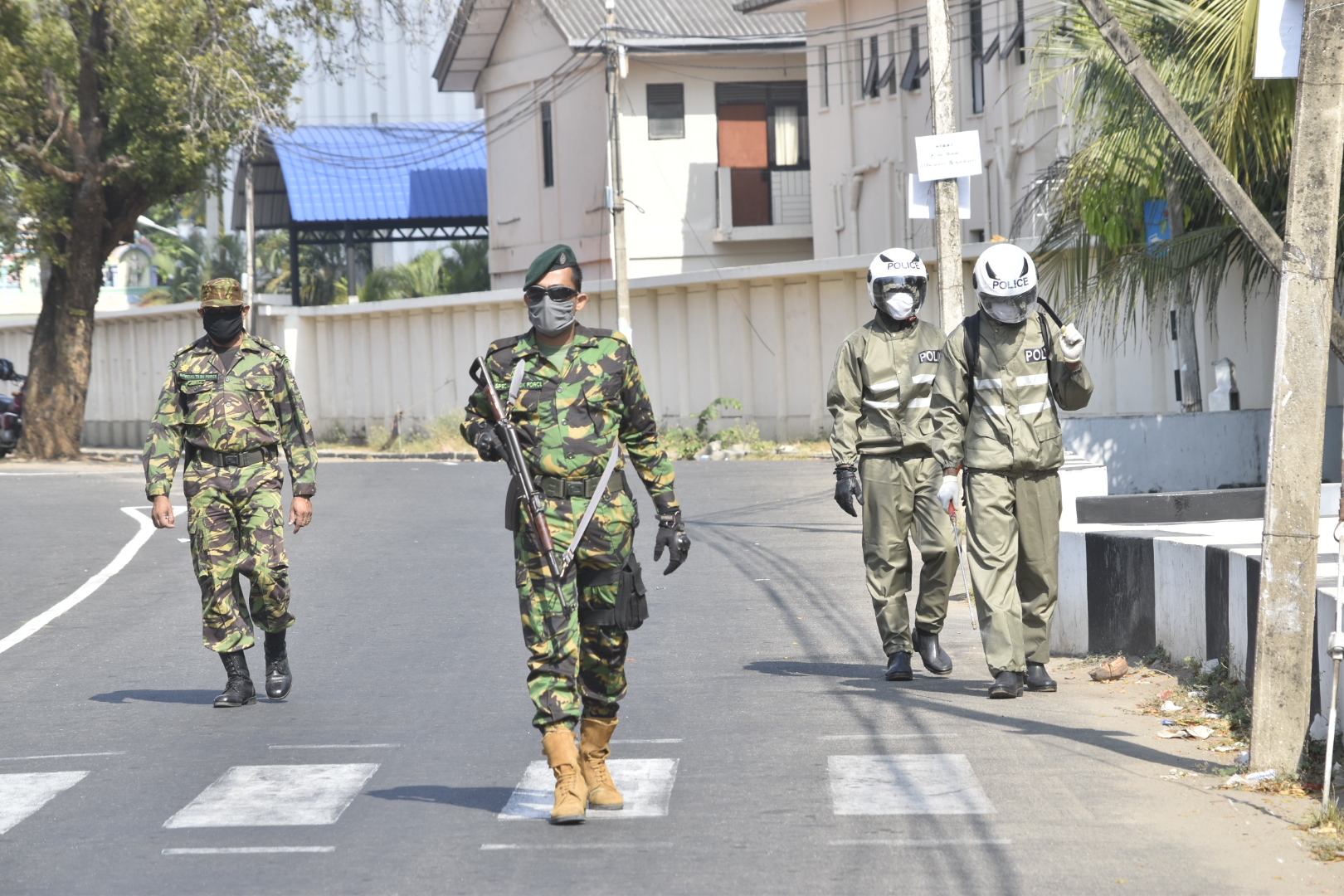
Responding to the suspension of Police Scotland’s training of Sri Lankan Police, the International Truth and Justice Project (ITJP) has called on the British government to end its training programme with Sri Lanka’s police noting the police’s record of systemic torture.
In their statement, the ITJP highlights that they have been calling on the UK to cancel its training programme since 2016 and have documented numerous accounts of torture as well as identified individuals responsible for this. This documentation includes testimonies from members of the Special Task Force (STF) of the police describing their complicity in abductions, torture, and execution of Tamils during and after the war.
Commenting on the need to cancel the programme, Yasmin Sooka, executive director of the ITJP, highlighted how the Sri Lanka police had used this programme to whitewash their crimes. In 2016, the Sri Lankan delegation to the UN Committee Against Torture included a police officer named in a UN investigation as being in charge of one of the worst torture sites at the end of the civil war.
“In Geneva, the Sri Lankan delegation tried to whitewash their record by invoking the UK’s training of their counter-terrorism police unit,” Sooka stated.
She further urged the British government to “cancel the programme until Sri Lanka takes serious action to hold alleged perpetrators to account.”
The UK’s role

Commenting on the recent suspension of training, investigative journalist, Phil Miller expressed his surprise to the ITJP stating:
“For years my investigations raising concerns about this scheme were ignored by the Scottish police college but perhaps the appointment of a Hitler admirer as State Minister”. However, he further notes that “it remains to be seen whether they will pull the plug completely”.
Since 2007, Scottish Police have almost continuously trained Sri Lankan officers. Since 2012 there have been 90 separate deployments of police officers or police staff to Sri Lanka to deliver training.
Journalists for Democracy (JDS) in Sri Lanka have also highlighted continued “reports of abductions, arbitrary detention, torture and executions” which have continued after May. Bashana Abeywardane of JDS, notes that “this highlights the systemic nature of state-sanctioned crimes in Sri Lanka, whether it by the police or the military”.
The ITJP highlights that they are now documenting cases of rape of young Tamil men by members of the Counter-Terrorism Investigation Division occurring in 2020.
In their statement, the ITJP also note the evasiveness of the British government’s response as it refused to give the number of attendees; to comment on named individuals in problematic police units; and, even rejected requests for copies of human rights assessments out of concern that it would harm bilateral relations.
British Aid
.jpg)
Photo of British High Commissioner in Sri Lanka meeting with Sri Lanka's Army Commander and war criminal
British parliamentarians have consistently raised concerns over the continued use of British aid in support of these programmes.
In 2017 then Labour leader, Jeremy Corbyn, had called for an independent audit of the efficacy of training that never materialised.
In May 2021, the Liberal Democrat leader Ed Davey questioned the government’s plans to continue funding the Conflict, Stability and Security Fund programmes in Sri Lanka which include police training. This was followed by Labour MP Sam Tarry who asked in July 2021, if the FCDO would “undertake and publish an assessment of the human rights impact of the £6.3 million the Government has spent on supporting security reform in Sri Lanka”.
Commenting on this funding Sen Kandiah, Chair of Tamils for Labour, stated:
“The Tamil community has suffered enough at the hands of the Sri Lankan security forces and our tax money should not be wasted on trying to teach them that rape and torture is wrong”.
He added:
“It’s an affront to the victims who are still coming here”.
Read ITJP's full statement here.
